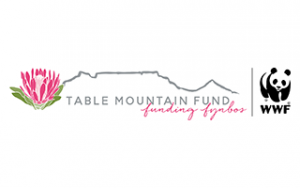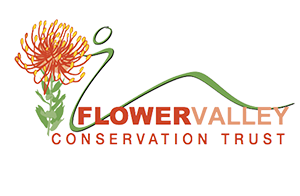The project is being driven by the Agulhas Biodiversity Initiative, as part of our Green Economy theme. Led by theme leader, Carla Ackerman, various partners will now work together to test this Green Economy value chain.
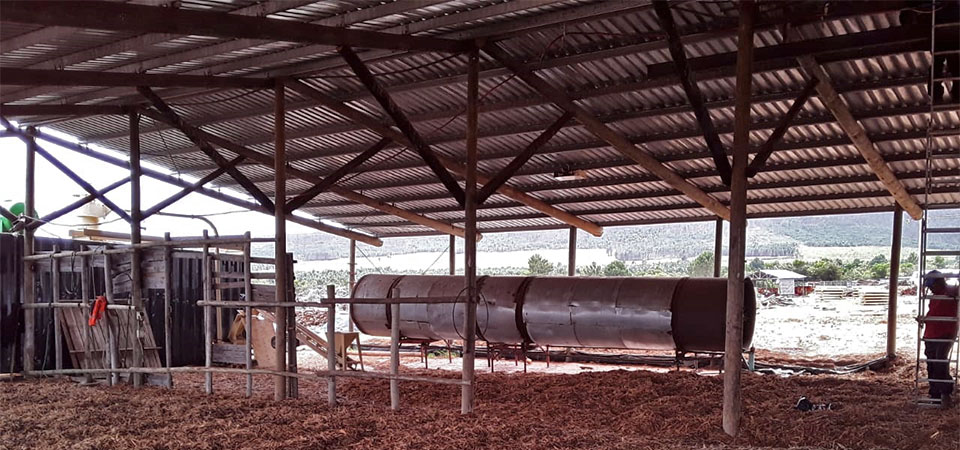
Here’s how it works:
A mobile containerised pellet plant – developed by Ekasi Energy – will operate in the Agulhas Plain. Invasive biomass from Fynbos Timber, a commercial sawmill operation and member of ABI, provides the waste from Pine species. The plant converts the biomass into wood pellets, which can be used as alternative heating fuel for large-scale industrial users.
The value chain (from field to market) will be piloted over the next two years. And should this prove successful, it will be scaled up.
While operations in the past have tried to create beneficiation of invasive species, many have been hamstrung by high transport costs. In this case, the plant is mobile, and can be taken to the biomass site.
The potential advantages to the environment
Pine is a major threat to Fynbos landscapes across the Cape Floral Kingdom. The Council for Scientific and Industrial Research reckons (according to a 2018 report) that 11,000 hectares are infested by Pine trees in the Agulhas region alone. Much of this is densely populated.
In total, around 45,000 hectares in the Agulhas Plain are infested by invasive plants.
What’s more, many landowners believe pine populations are actually UNDERESTIMATED, and that water flow reductions could be even higher.
Invasive species generally, and pines in particular, are also major threats for wildfires – given that they are highly flammable.
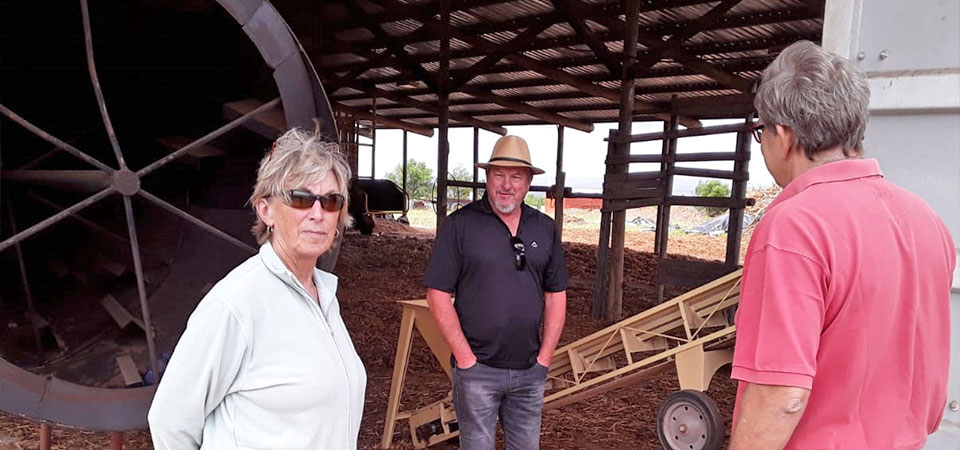
All the partners involved in this project are ABI Partners.
They combine their skills, technology and access to the raw material and to markets in this Green Economy drive. Other partners (aside from ABI and Ekasi Energy) include SEED South Africa, which will help identify other projects in different areas that could be included in helping communities adapt and mitigate the effects of climate change by managing invasive species. Fynbos Timber provides the raw material. And Flower Valley Conservation Trust, which implements a major invasive alien clearing project across the region, will also partner the project. Areas that are cleared need to be followed up to remove the next wave of seedlings that are sure to come up.
While the project starts off by removing 150 hectares of dense Pine stands, this is set to increase as a sustainable market for biofuel from Pines develops. It’s believed this could increase to 600 hectares per year.
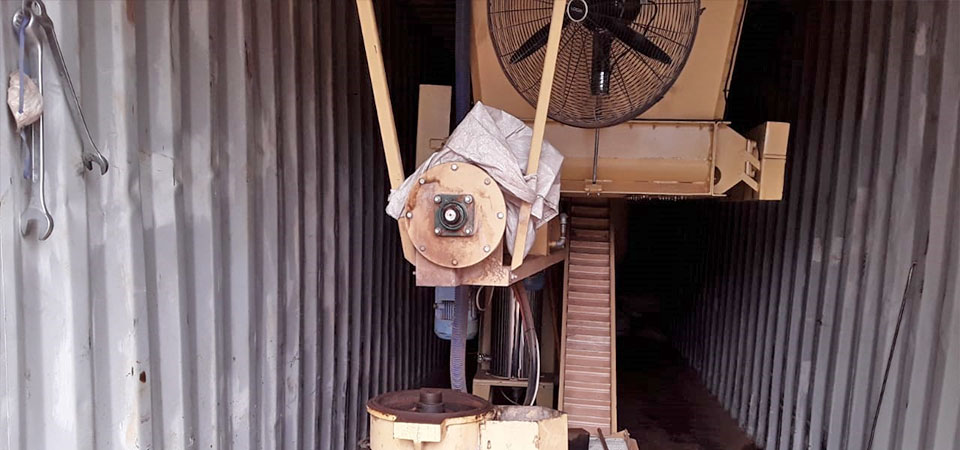
For more information on the project, contact Carla Ackerman. Email: green@agulhasbiodiversity.co.za
Subscribe to our Awesome Newsletter.
CONTACT US
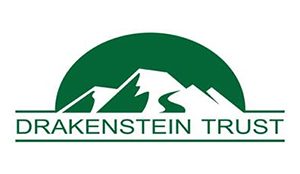
OVERBERG
Located around the most southerly tip of Africa, the Overberg region is the showcase of some of the most beautiful landscapes.

